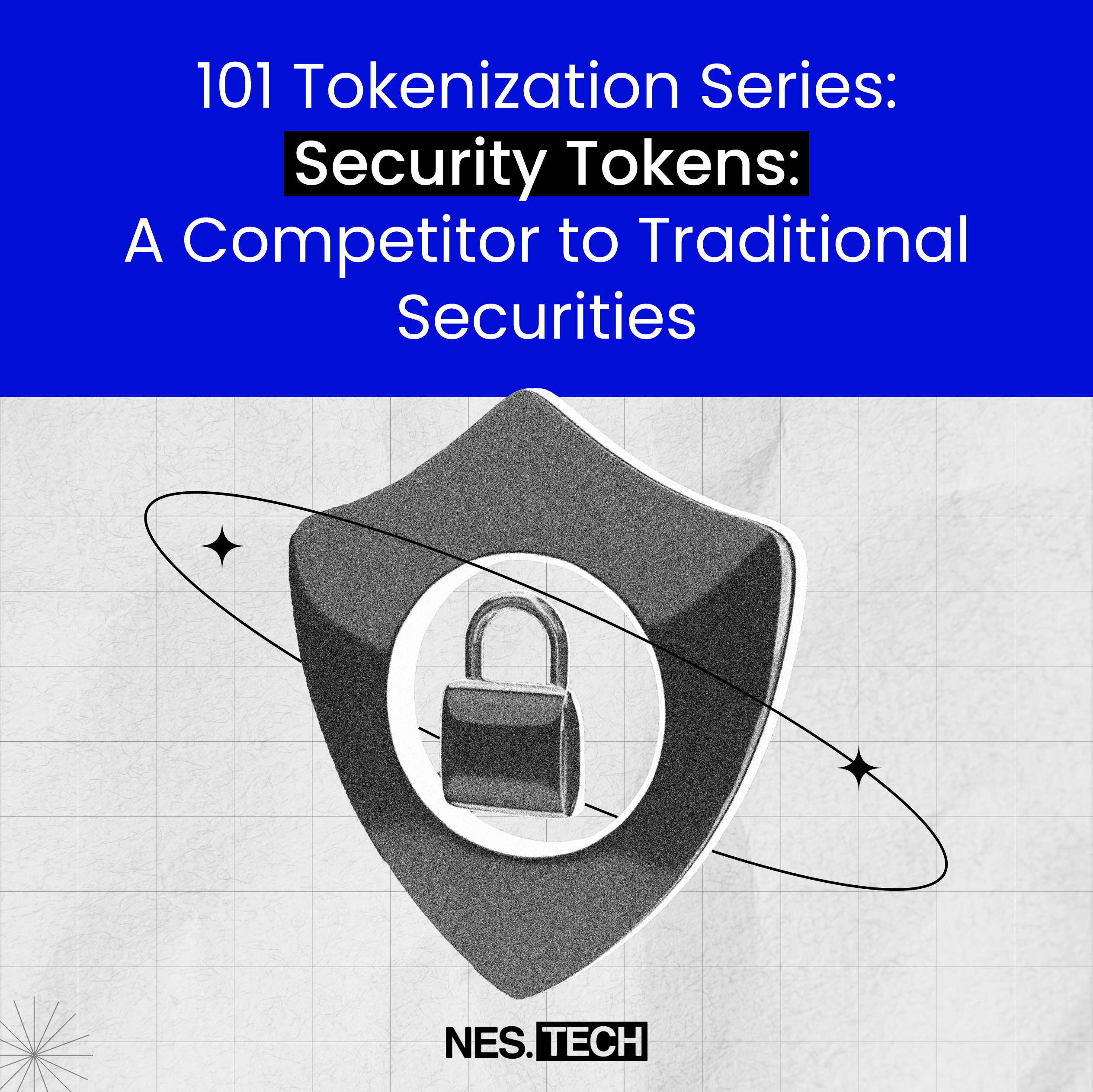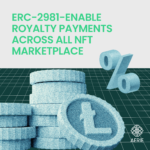The Security Token Surge: A Competitor to Traditional Securities

In the ever-evolving landscape of financial instruments, security tokens have emerged as a compelling alternative to traditional securities like stocks and bonds. In essence, security tokens owners have a stake in an asset. Owners receive a share from the profits of the asset; like owning stock from the company.
Entities like government and businesses can issue security tokens that serve the same purpose as stocks, bonds, and other equities. This article delves into the world of security tokens, highlighting their distinctions from cryptocurrencies and exploring their potential to reshape the future of fundraising, trading, and investment. .
Understanding Security Tokens
A security token is essentially a digital manifestation of traditional securities, serving as a stake in an external asset or enterprise. Unlike cryptocurrencies such as Bitcoin or Litecoin, security tokens operate on existing blockchains, with Ethereum being a popular choice for their deployment. Notable examples include Blockchain Capital (BCap), a security token representing ownership in a venture capital fund.
Differentiating Security Tokens from Cryptocurrencies
It’s crucial to clarify the distinction between security tokens and cryptocurrencies. While both operate on blockchain technology, security tokens are not standalone entities like Bitcoin or Ethereum. Instead, they leverage existing blockchains, such as Ethereum, to facilitate transactions. This subtle yet significant difference positions security tokens as a bridge between the traditional financial world and the innovative realm of blockchain.
A Prominent Use Case: Digital Tokens for Fundraising
One practical application of security tokens is in fundraising for expansion projects. Companies can opt to issue digital tokens, representing ownership in their enterprise, as an alternative to traditional shares. These tokens can then be traded on exchanges specializing in digital security tokens, providing companies with a more efficient and flexible means of raising capital.
Profits of Owning a Security Tokens
Security token owners stand to gain profits from the performance of their tokens, similar to traditional securities. Dividends, in the form of additional tokens, and other benefits like voting power further enhance the appeal for investors. Blockchain’s ability to maintain a flawless digital record of ownership and transactions adds an extra layer of transparency and security.
The Advantages of Security Tokens
Elimination of Middlemen: Legacy middlemen are rendered obsolete, leading to more efficient fundraising and trading processes, reduced settlement times, and lower costs.
Enhanced Compliance and Automation: Security tokens contribute to better compliance with regulations and enable the automation of processes such as dividend payments, streamlining financial operations.
Transparent Digital Ownership: Blockchain ensures a perfect digital record of ownership and transactions, reducing the risk of fraud and enhancing overall transparency.
Improved Liquidity: Security tokens have the potential to significantly enhance liquidity by tokenizing traditionally illiquid assets, allowing for hyper-fractional ownership and access to global investor pools.
Portfolio Diversification: Investors can diversify their portfolios by gaining access to assets that were previously unavailable or considered illiquid. The ability to trade without restrictions on weekends or holidays provides added flexibility.
Innovative Offerings: Programmable contracts and shared ledgers enable the creation of fractionalized real estate, liquid revenue share agreements, dynamic ETFs, and other novel financial products that were previously challenging to manage or envision.
Conclusion :
As security tokens continue to gain traction in the financial industry, their potential to compete with and even surpass traditional securities becomes increasingly evident. The benefits they bring, from increased efficiency and transparency to improved liquidity and innovative investment opportunities, position security tokens as a transformative force in the world of finance. The future holds exciting possibilities as security tokens redefine the way we approach ownership, investment, and the entire financial ecosystem.









